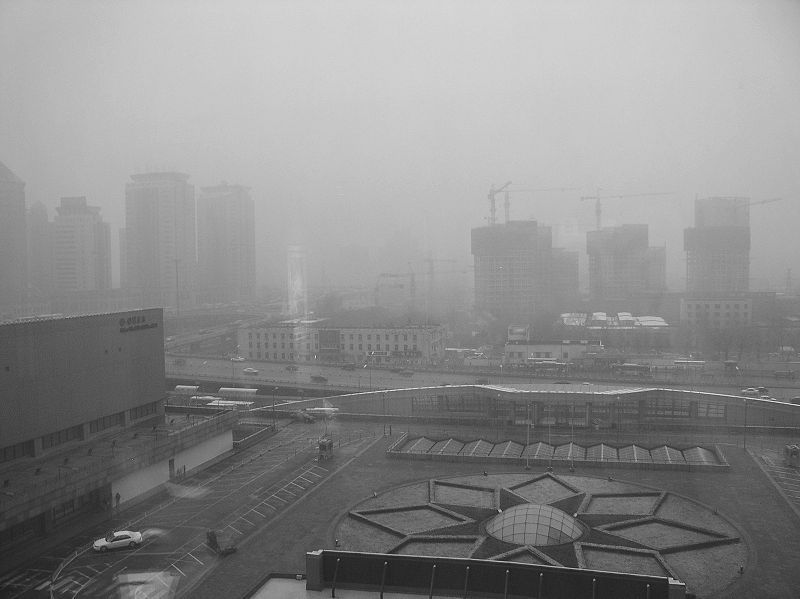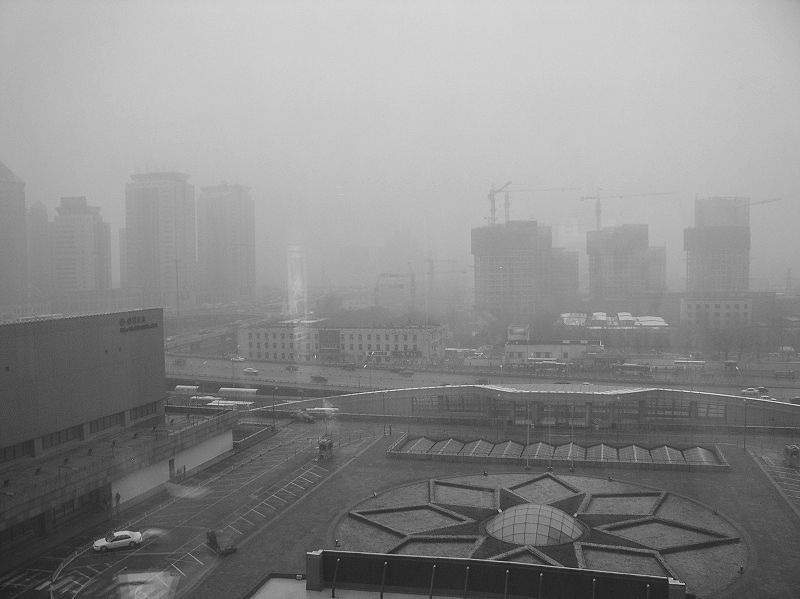Beijing proposes congestion charges to combat traffic and pollution rise
China’s capital Beijing is considering introducing congestion fees in a bid to cut the city’s constant traffic jams and heavy pollution.


China’s capital Beijing is considering whether to introduce congestion fees in a bid to cut the city’s constant traffic jams and heavy pollution.
According to the state-run news agency Xinhua, the Chinese government is hoping the move will encourage Beijingers to purchase alternative-energy autos and use public transport.
As part of the initiative it is thought that citizens will be provided with a series of incentives to buy cleaner energy vehicles, although reports are unclear as to exactly what these will be and how much the proposed fees and tolls couls cost. However, the city is expected to invest heavily in the upgrade of equipment at electric-vehicle charging stations and increase station volumes throughout Beijing.
In 2009 China exceeded the United States in becoming the country with the most cars on its roads, something ever since the country and the city of Beijing have been trying to rectify.
Earlier this year Beijing began to cap the registrations of new vehicles to just 20,000 per month, which were made available through a public lottery scheme. This has not gone down well with the city’s residents who claim it has only slowed congestion and left thousands without the option of a purchasing a new vehicle. Additionally the city’s streets have been subject to the build of parallel roads, widened intersections, an increase in parking fees and penalties. Beijing has also upgraded its metro sysytem considerably. During the 2008 Beijing Olympic Games the city even made the decision to restrict the number of cars from entering the city on particular days depending on a vehicles registration.
Despite these numerous attempts to reduce congestion the policies have had little if any effect on the city’s congestion, which if anything has got worse. Car ownership in the city is expected to reach as much as 7 million next year, a figure that is unlikely to ease the gridlock that exists in Beijing everyday.
